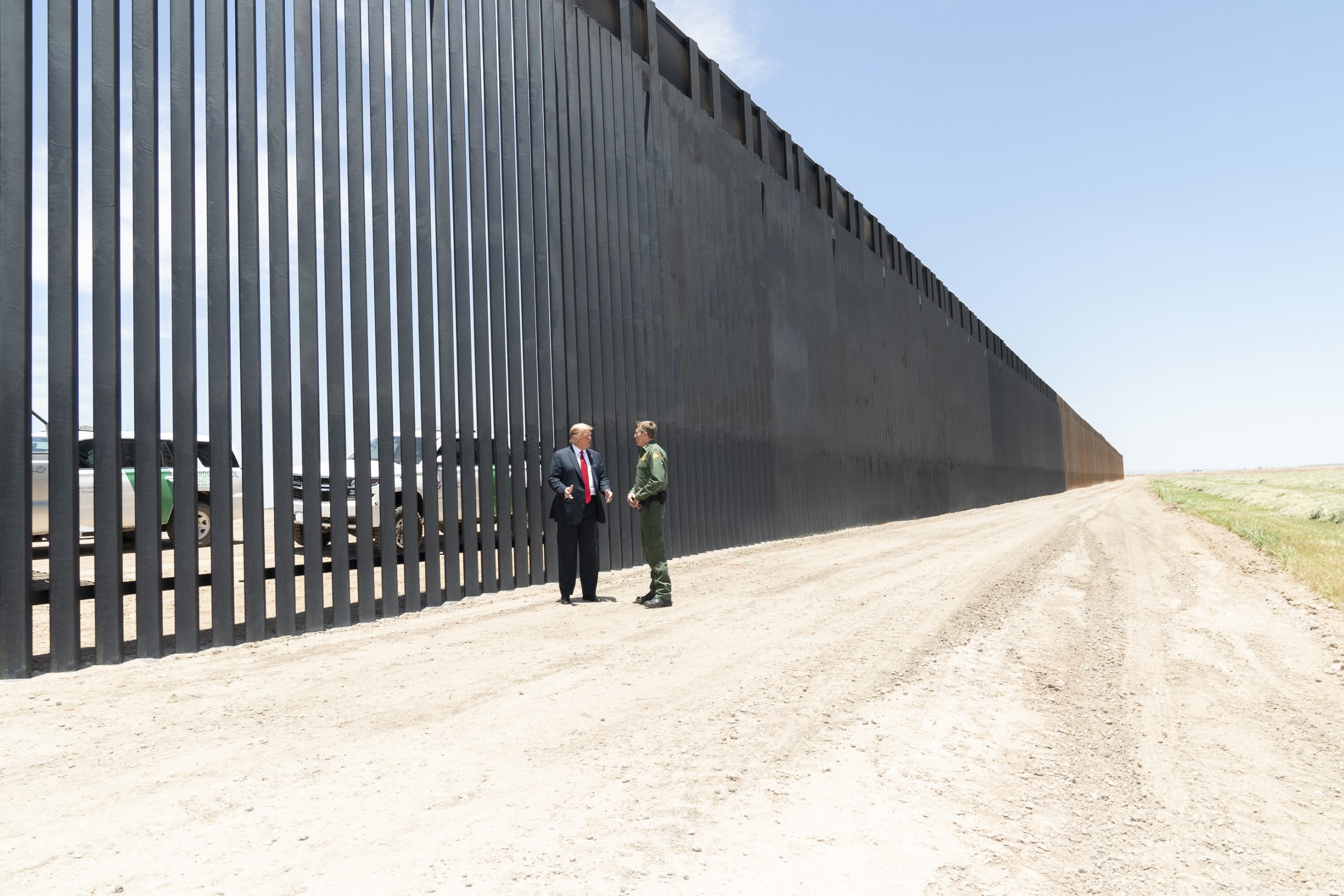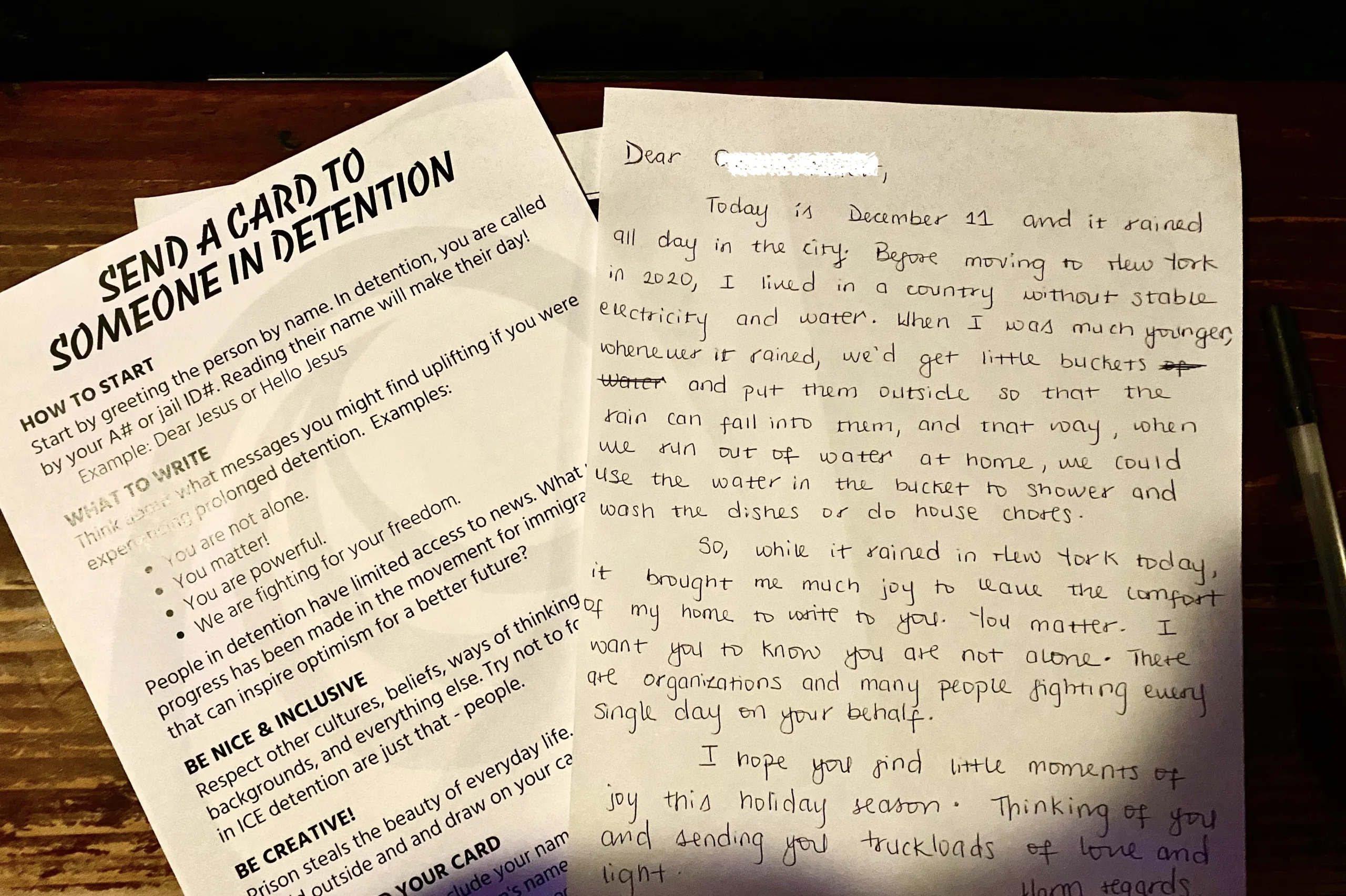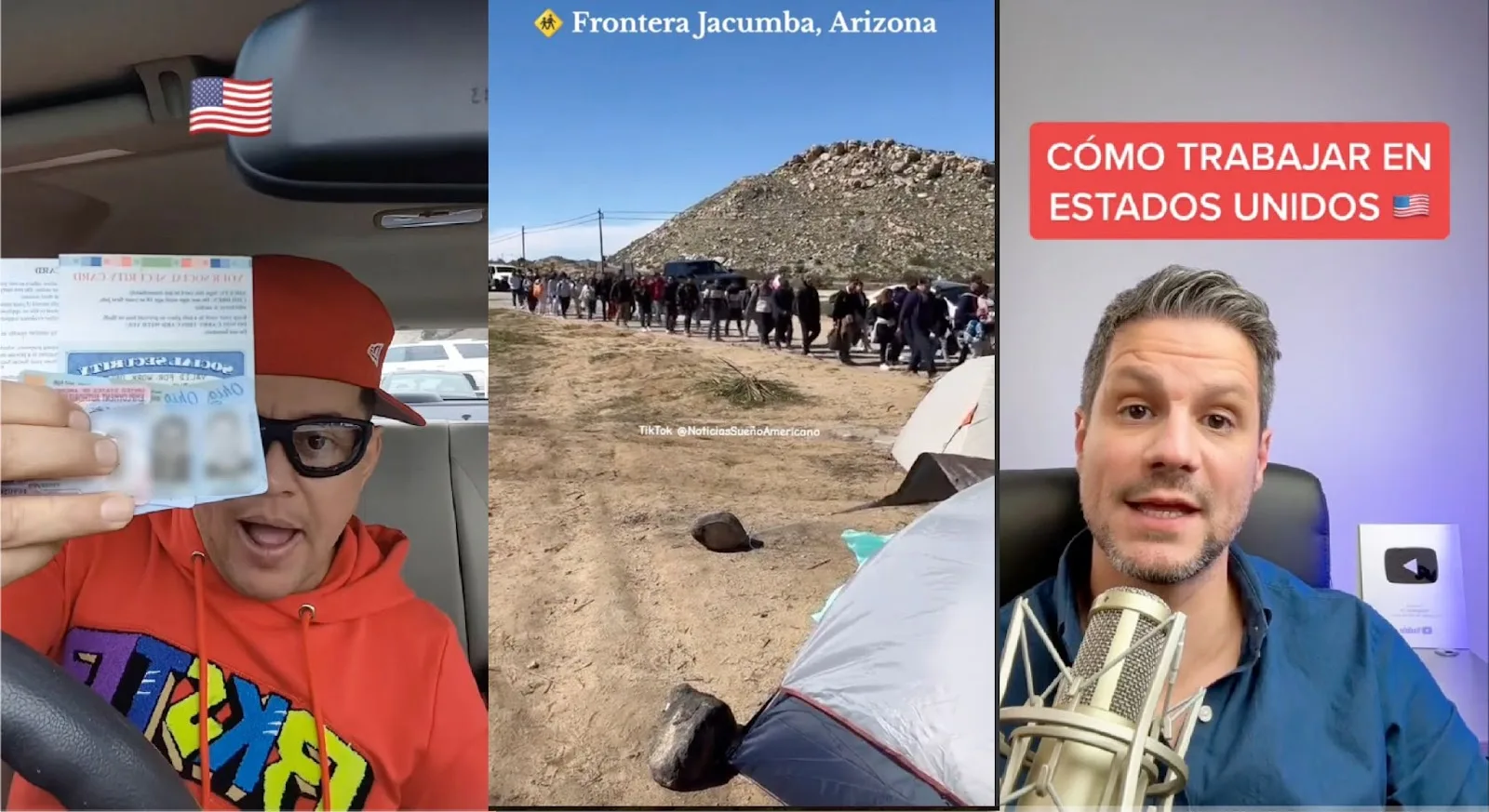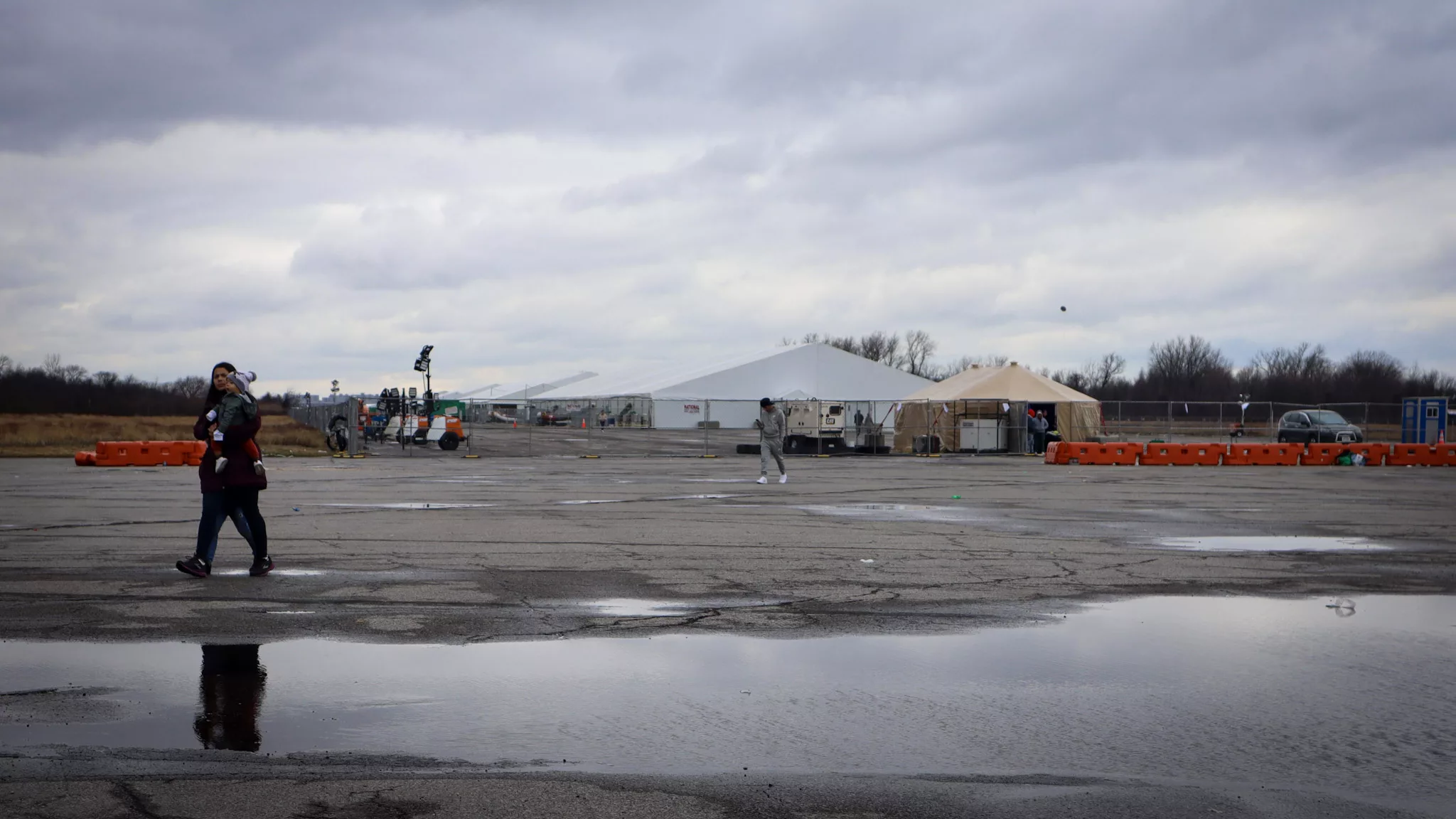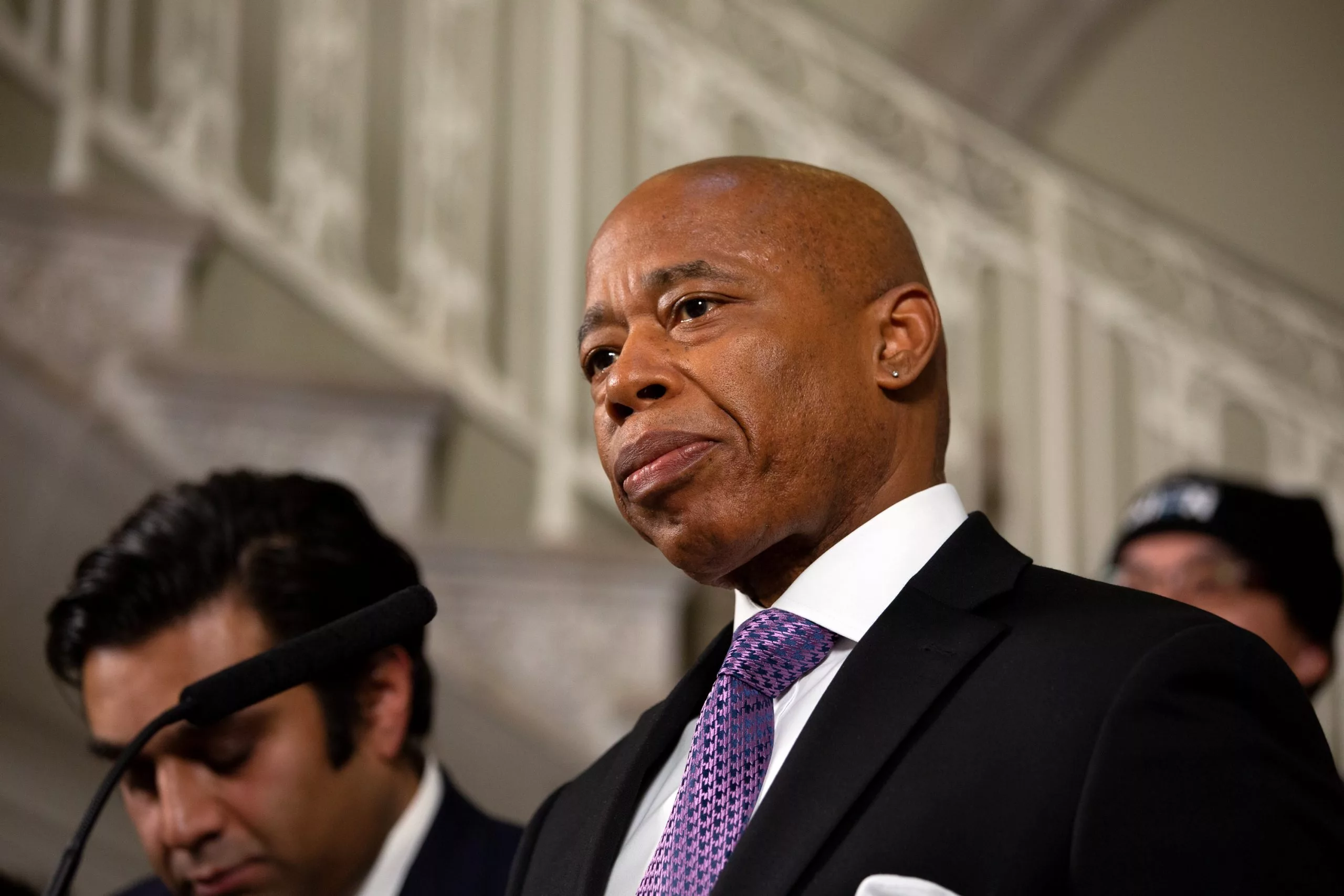An Unaccompanied Alien Child, commonly referred to as an unaccompanied minor, is a person under 18 years old who arrives in the United States without an adult guardian and without legal status.
Several agencies bear responsibility for the apprehension, custody, and placement of unaccompanied minors. Customs and Border Protection (CBP) apprehends and detains unaccompanied children at the border. Immigration and Customs Enforcement (ICE) is responsible for custody transfer and repatriation, apprehending unaccompanied minors in the interior of the country, and representing the government in a minor’s removal proceedings. The Office of Refugee Resettlement (ORR) handles care and placement of unaccompanied minors into appropriate custody while they wait for an immigration hearing.
After a minor’s arrest, ORR arranges to house them in one of its shelters while seeking to place them with a sponsor, typically a family member. ORR maintains a network of about 170 state-licensed shelters in 23 states, where children spent an average of 47 days in 2019. If a sponsor cannot be found, the child is placed in long-term foster care.
Observers have raised concerns that ORR does not adequately keep track of unaccompanied minors once they are released to sponsors. In April 2018, during a Senate Homeland Security Committee hearing, a Health and Human Services Department official testified that ORR was unable to account for 1,475 of the 7,635 children placed with sponsors between October and December 2017. Further criticism contends that ORR mishandles children who “age out” of their status once they reach 18. Reports describe incidents of children being abruptly taken into ICE custody on or soon after their 18th birthdays and placed into adult immigration detention.
